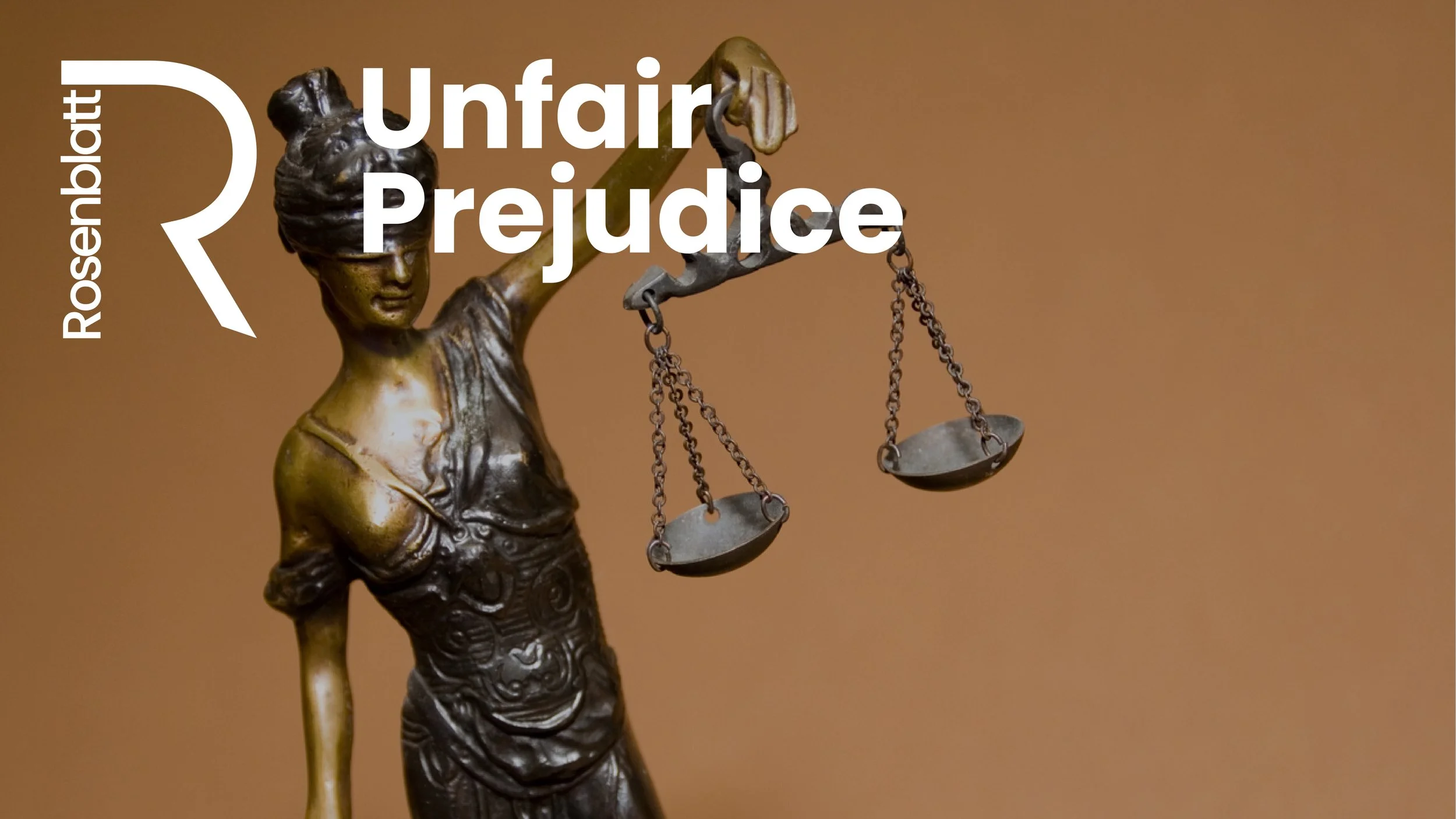
Stablecoins in 2026: 4 trends likely to define their role as UK and global financial infrastructure
Rosenblatt Law Partner Tom Spiller and Corporate Associate Gabriela Parra’s latest piece in Finextra highlights four trends that will shape the role of stablecoins, as they transition from niche innovation to core financial infrastructure

Bullish on Crypto? An IPO and its implications for corporate fundraising
Concerns about the adoption of cryptocurrencies often centre on their volatility, decentralisation and lack of regulation and therefore invite chaos into a system which despises uncertainty. Bullish’s IPO is prescient, not only in its name and in how many feel about cryptocurrencies, but also in the potential future the global financial system is facing when it comes to, not only payment, but also the raising and usage of capital. For companies, the ability to raise equity and have it available for operational use almost immediately is a notable departure from conventional processes. At this stage, it remains too early to tell whether Bullish’s approach will be replicated more widely, but it provides a useful case study in how digital assets could begin to influence corporate fundraising. The real question is whether Bullish’s example remains an outlier or marks the beginning of a broader transformation in global finance.

Unfair Prejudice
Section 994 of the Companies Act 2006 (“CA06”) provides a route for a shareholder of a company to petition the court, should they have been unfairly prejudiced by another’s conduct. Rosenblatt has significant experience in acting for clients in relation to unfair prejudice petitions – both for petitioners themselves and those defending petitions brought against them. Whilst most unfair prejudice cases settle before reaching court, some do not, and Rosenblatt has experience of progressing cases from the pre-action stage, through negotiation and settlement, to trial and the assessment of costs.

A good news story: Hague 2019 now in force
On 1 July 2025, the Hague Convention of 2 July 2019 on the Recognition and Enforcement of Foreign Judgments in Civil or Commercial Matters (the “Hague Convention” or the “Convention”) entered into force in the UK. The intention of the Convention is clear: to create a more streamlined and uniform system of recognition and enforcement processes, and to address issues which have arisen post Brexit. Partner, Elizabeth Weeks, and Solicitor, Emma Booth, share practical tips and considerations…

Identity Verification Requirements for UK Company Directors, PSCs and LLP Members
The Economic Crime and Corporate Transparency Act (ECCTA) 2023 received Royal Assent on 26 October 2023. It is being implemented in phases to help transition significant changes for UK companies, overseas companies, limited liability partnerships, limited partnerships, unregistered companies and companies authorised to register (Relevant Entities).
ECCTA seeks to prevent criminals from abusing bodies corporate, strengthen the UK's response to economic crime and make the information contained on the UK companies registry (maintained by Companies House) more transparent and reliable.
A key change coming in Autumn 2025 is the mandatory identity verification (IDV) of all directors, PSCs, LLP membersand those delivering documents either on their behalf or on behalf of another officer with Companies House (e.g., a company secretary) (each a Relevant Individual).

Provenance just got a whole lot tighter - Incoming EU Regulation on Import of Cultural Goods – key issues and market impact
Provenance just got a whole lot tighter - Incoming EU Regulation on Import of Cultural Goods – key issues and market impact.
An EU Regulation implementing a new EU wide database comes into effect on 28 June 2025 and is intended to establish that cultural goods of non-EU origin have been properly, and legally imported into the EU.
In its Regulation (2019/880) the EU prohibited the import of cultural goods into the EU where those cultural goods have been illegally exported from a non-EU country.
That Regulation provided that from 28 June 2025 a new EU-wide centralised electronic database will be implemented through which online licence applications will be managed for archaeological items more than 250 years old. Other goods will be able to be brought into the EU on the basis of an importer statement.

The UK Supreme Court clarifies the scope of s.213 of the Insolvency Act 1986: Bilta (UK) Ltd v Tradition Financial Services Ltd
In a landmark decision on 7 May 2025, the UK Supreme Court clarified the scope of fraudulent trading under section 213 of the Insolvency Act 1986 (“s. 213 IA 1986”) in Bilta (UK) Ltd v Tradition Financial Services Ltd [2025] UKSC 18. The judgment confirms that third parties/outsiders who participate in, facilitate or assist fraudulent transactions by a company when they know that the company’s business is being carried on for a fraudulent purpose are liable for contributions under s.213 IA 1986.
The Court also considered the application of limitation periods, where a company has been dissolved and then restored.

Representative Actions: Cautionary lessons from Smyth
In this update, Rosenblatt highlights cautionary lessons for potential claimants and practitioners in class actions in England and Wales which are becoming increasingly prevalent, driven by factors such as a growth in the availability of third-party litigation funding and a public shift towards seeking accountability for corporate misconduct.

AI in Spring 2025: safety done, growth to come
In this update, Rosenblatt explores legal, political, and regulatory developments in the use of AI in the UK, Europe, the US and in international arbitration.
